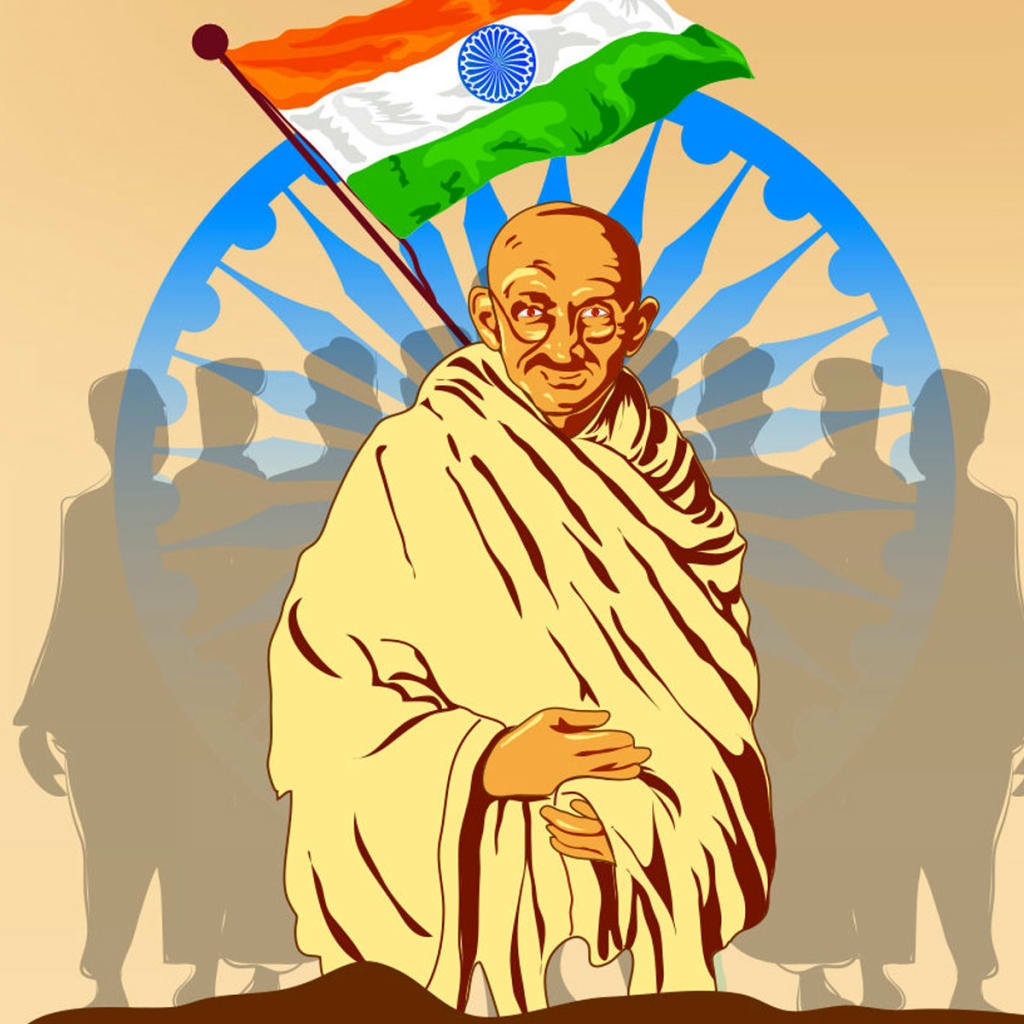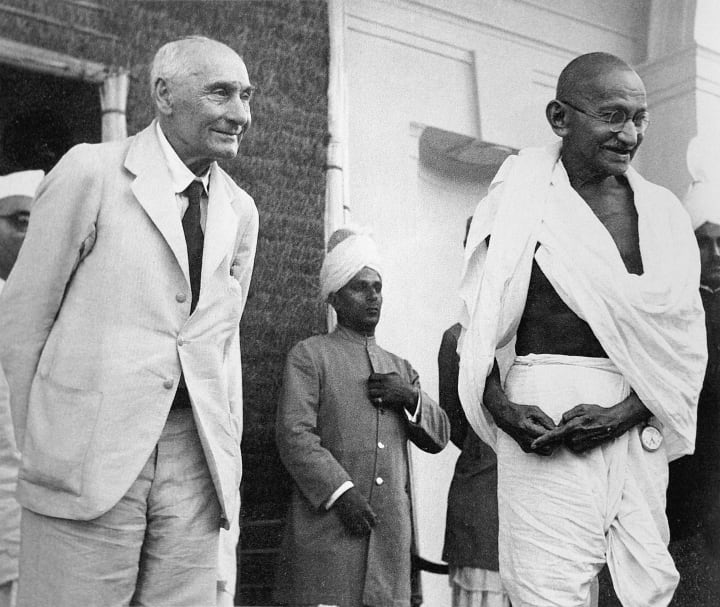
Background of the quote
The quote "No culture can live if it attempts to be exclusive." is attributed to Mahatma Gandhi, the legendary Indian independence activist, and leader.
Gandhi lived from 1869 to 1948 and was widely known for his nonviolent resistance movement against British rule in India.
He was a strong advocate for human rights and equality, and his philosophy of nonviolence, known as satyagraha, played a significant role in India's independence and inspired civil rights movements worldwide.
The quote reflects Gandhi's belief that cultures should not seek to exclude others, but rather embrace diversity and promote unity.
He believed that cultural exclusiveness was not only harmful to society but also detrimental to the culture's survival.
Gandhi's message of cultural inclusiveness continues to be relevant today, as many countries and societies still struggle with issues of diversity and inclusion.
Diversity is the key to cultural survival." - Mahatma Gandhi
In today's world, the importance of cultural diversity and inclusion has become increasingly apparent. This is due in part to the fact that many cultures have been historically marginalized and excluded from society.
As such, it is important to recognize and embrace cultural differences, as this will promote a more tolerant and understanding society.
Mahatma Gandhi, one of the most influential figures in Indian history, understood this concept and famously said, "No culture can live if it attempts to be exclusive."
Gandhi's statement speaks to the importance of inclusion in society. By attempting to be exclusive, a culture will limit its growth and development and ultimately lead to its demise.
This is because exclusion not only restricts access to resources, but it also limits the ability of a culture to interact with and learn from other cultures. Without the opportunity to learn and grow, a culture will stagnate and eventually die out.
In addition to promoting cultural growth and development, inclusion also serves to create a more harmonious and peaceful society.
When people from different cultures are able to come together and share their experiences, they can develop a deeper understanding and appreciation for one another.
This can lead to greater acceptance and respect for different cultures, which in turn can help to foster a more peaceful and tolerant society.
Gandhi's words are still relevant today, as the importance of cultural inclusion is more important than ever.
By embracing cultural diversity and striving for inclusion, we can create a more harmonious and peaceful world. As such, it is important to remember Gandhi's words and strive to create a society that is open and accepting of all cultures.

Mahatma Gandhi's Views on Cultural Inclusiveness
Mahatma Gandhi was a leader of the Indian independence movement who advocated for non-violent civil disobedience.
He was a strong proponent of cultural inclusiveness, believing that all cultures should be respected and celebrated.
Gandhi believed that cultural inclusiveness was essential for a healthy society. He argued that by embracing different cultures, people could learn from one another and create a more harmonious society.
He believed that everyone should be respected regardless of their background and that all cultures should be celebrated.
Gandhi argued that cultural inclusiveness was not only beneficial for society, but also for individuals.
He believed that by understanding and respecting different cultures, individuals could learn more about themselves and become more open-minded and tolerant.
He argued that cultural inclusiveness could help individuals to become more compassionate and understanding of others.
Gandhi also argued that cultural inclusiveness could help to create a more just and equitable society.
He argued that by respecting and celebrating different cultures, people could come together and work towards a more just and equitable society.
He believed that by understanding and respecting different cultures, people could learn to appreciate one another and work together to create a better world.
Gandhi's views on cultural inclusiveness were far ahead of his time.
He believed that all cultures should be respected and celebrated and argued that cultural inclusiveness could help to create a more equitable and just society.
His views are still relevant today and serve as an example of how we can create a more harmonious society.
About the Creator
Pikaadoo
Let the power of words be used to spread knowledge






Comments
There are no comments for this story
Be the first to respond and start the conversation.